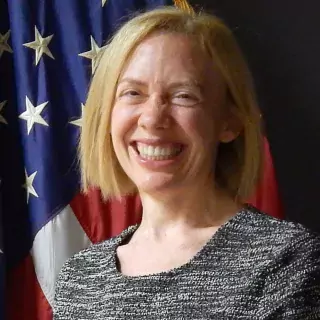Image
Education
Image
Recent Reports
Open Recommendations
K-12 Education: Lessons Learned from Implementing COVID-19 Relief Funding Provisions Could Improve Future Grant Monitoring
GAO-26-107727
Feb 27, 2026
Show
3 Open Recommendations
Department of Education: Full Costs and Savings Estimate Needed for Reduction-in-Force and Restructuring of the Office for Civil Rights
GAO-26-108320
Feb 02, 2026
Show
1 Open Recommendations






